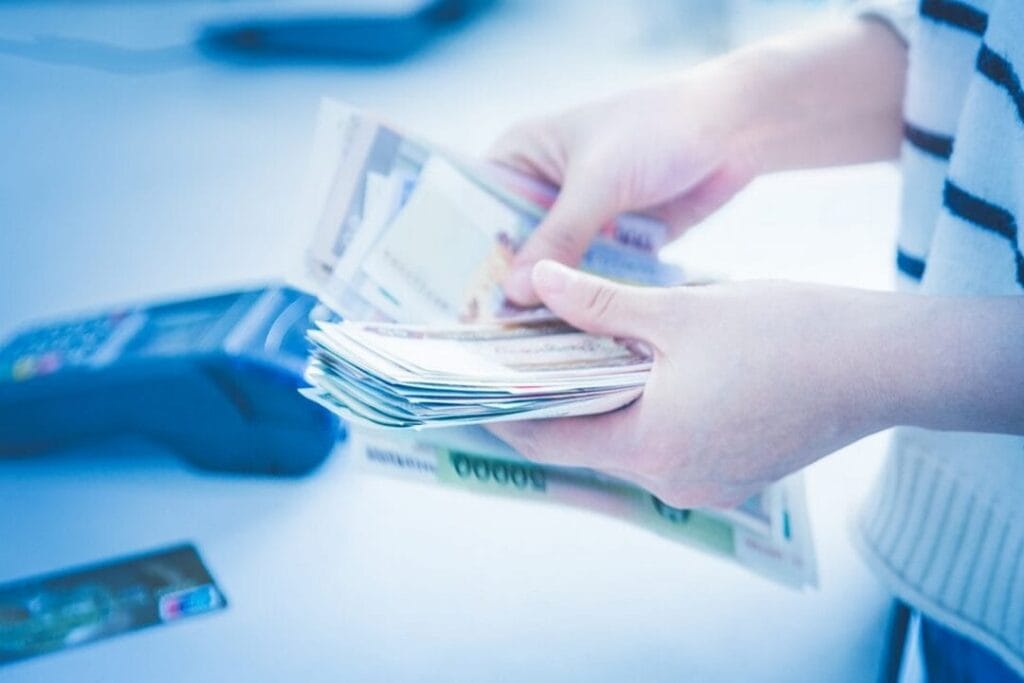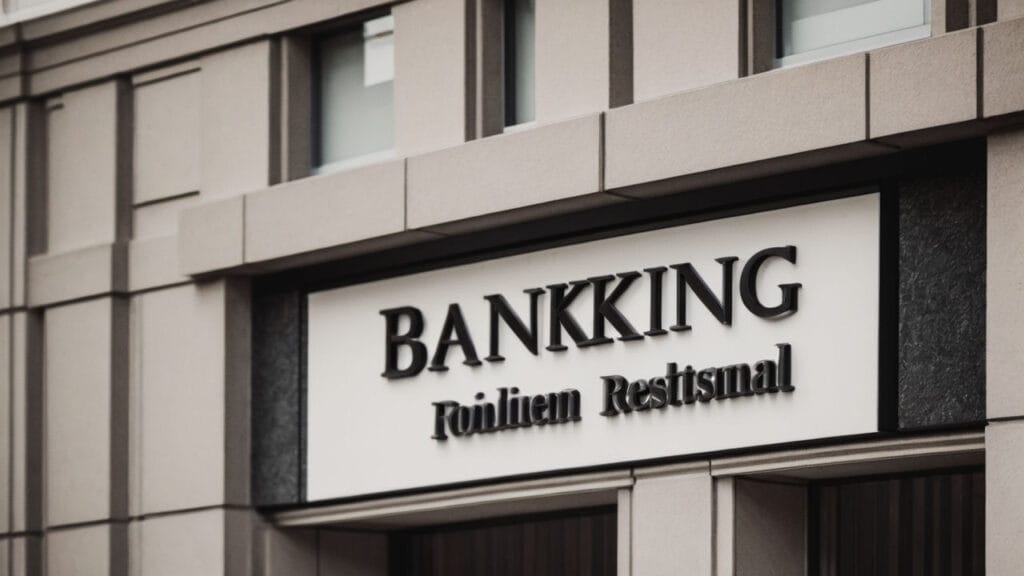First What is a Money Order Online? A money order is a financial instrument that allows the sender to securely transfer a specific amount of money to a recipient.

Historical Context
Traditionally, money orders have been a popular method for making payments because they are prepaid, reducing the risk of bounced checks.
Common Uses
Historically, they have been used to pay bills, send money to distant family members, and make purchases where checks or cash might not be appropriate.
Evolution of Money Orders in the Digital Age
From Paper to Digital
The advent of the digital age has revolutionized many aspects of financial transactions, and money orders are no exception.
Drivers of Change
This evolution is driven by the increasing demand for faster, more convenient, and secure ways to transfer money.

The Need for Online Money Orders
Convenience and Accessibility
Simplified Process
Online money orders offer unparalleled convenience. Gone are the days when one had to visit a physical location to purchase a money order.
Benefits for All
With just a few clicks, funds can be sent from the comfort of one’s home or office. This accessibility is particularly beneficial for individuals in remote areas or those with mobility issues.
Security and Fraud Prevention
Advanced Security Measures
Online money orders incorporate advanced security measures such as encryption, two-factor authentication, and digital tracking.
Fraud Reduction
These features significantly reduce the risk of fraud and ensure that the money reaches the intended recipient safely.

How Online Money Orders Work
Step-by-Step Process
Initial Steps
The process of sending an online money order is straightforward. First, the sender selects a reputable online service and creates an account.
Read More : Money Order Near Me? All Places for Country
Transaction Details
Next, they enter the recipient’s details and the amount to be sent.
Payment Methods
The sender then funds the transaction through a bank account, credit card, or other payment method.
Completion and Notification
Once confirmed, the recipient receives notification and can collect the funds either electronically or in cash, depending on the service used.
Key Players and Platforms
Major Providers
Several platforms dominate the online money order market. Companies such as Western Union, MoneyGram, and PayPal offer reliable services with global reach.
User Experience
These platforms provide user-friendly interfaces and robust customer support, making them popular choices for online money orders.
Comparing Online Money Orders to Traditional Methods
Speed and Efficiency
Processing Time
Online money orders offer a significant advantage in terms of speed. Traditional money orders can take several days to process and deliver, especially when sent internationally.
Instant Access
In contrast, online money orders can be processed almost instantly, providing immediate access to funds for the recipient.
Read More : Money Order: 30 Questions With Answers
Cost and Fees
Fee Structures
While online money orders are generally more cost-effective than traditional methods, they are not without fees.
Cost Comparison
It is important to compare the costs associated with different services. Some platforms charge a flat fee, while others may have variable rates based on the amount sent or the destination.
Benefits of Online Money Orders
Ease of Use
User-Friendly Interfaces
The simplicity of online money orders cannot be overstated. The user-friendly interfaces of most platforms guide users through the process, making it accessible even to those with limited technological skills.
Accessibility for All
This ease of use extends to both sending and receiving money orders.
Enhanced Security Features
Digital Safeguards
The digital nature of online money orders allows for the implementation of sophisticated security measures. Encryption, digital signatures, and secure servers protect sensitive information, ensuring that transactions are conducted safely and privately.
Global Accessibility
Worldwide Reach
One of the standout benefits of online money orders is their global accessibility. Funds can be sent to almost any country, bridging the gap between geographically distant individuals.
Interconnected World
This feature is particularly valuable in our increasingly interconnected world.
Read More : What Is A Money Order And How Does It Work?
Potential Drawbacks of Online Money Orders
Limitations and Restrictions
Service Availability
Despite their advantages, online money orders come with certain limitations. Not all countries or regions may support online money order services, and there may be restrictions on the amount that can be sent.
Recipient Challenges
Additionally, recipients without internet access may find it challenging to receive funds.
Technological Barriers
Tech-Savvy Requirements
Technological barriers can also pose a challenge. Individuals who are not tech-savvy or lack access to reliable internet may find it difficult to use online money order services.
Potential Disruptions
Moreover, technical glitches or service outages can temporarily disrupt the process.
Top Platforms for Online Money Orders
Detailed Review of Leading Services
Leading Providers
Leading platforms such as Western Union, MoneyGram, and PayPal offer comprehensive online money order services.
Unique Features
Each platform has its unique features, fee structures, and levels of service. For example, Western Union provides extensive global reach, while PayPal offers seamless integration with online shopping and other financial services.
User Experiences and Reviews
Customer Feedback
User reviews provide valuable insights into the reliability and efficiency of online money order services. Many users appreciate the convenience and speed of these services, while some highlight occasional issues with customer support or transaction fees.
Overall Satisfaction
Overall, user experiences tend to be positive, with most platforms receiving high ratings for ease of use and security.
Security Measures and Best Practices
Encryption and Data Protection
Protecting Information
Encryption is a cornerstone of online money order security. This technology ensures that sensitive information is scrambled during transmission, making it inaccessible to unauthorized parties.
Compliance
Data protection policies further safeguard user information, ensuring compliance with privacy regulations.
Tips for Safe Transactions
Best Practices
To ensure safe transactions, users should follow best practices such as using strong, unique passwords, enabling two-factor authentication, and regularly monitoring their accounts for suspicious activity.
Platform Selection
It is also advisable to use reputable platforms and avoid sharing personal information with unverified parties.
Regulatory Landscape for Online Money Orders
Compliance Requirements
Legal Standards
Online money order services must comply with various regulatory requirements. These include anti-money laundering (AML) regulations, know your customer (KYC) protocols, and data protection laws.
Ethical Operations
Compliance ensures that these services operate legally and ethically, protecting users from fraud and other risks.
Legal Considerations Across Different Regions
Regional Variations
Legal considerations for online money orders vary by region. Different countries have their own regulations governing financial transactions, and it is important for users to be aware of these when sending or receiving money internationally.
Avoiding Issues
Understanding the legal landscape can help avoid potential issues and ensure smooth transactions.
Read More : How to Fill Out a Money Order Like a Pro
Case Studies: Successful Implementation
Real-Life Examples of Online Money Orders in Action
Expatriate Remittances
Real-life examples illustrate the effectiveness of online money orders. For instance, expatriates frequently use these services to send remittances to their families in other countries.
Business Transactions
Businesses also leverage online money orders to pay suppliers or freelancers in different regions, benefiting from the speed and convenience of digital transactions.
Lessons Learned and Best Practices
Successful Strategies
These case studies highlight important lessons and best practices. Successful implementation often involves selecting the right platform, understanding the associated fees, and following security protocols.
Informed Decisions
By learning from these examples, users can make informed decisions and optimize their use of online money order services.
Future Trends in Online Money Orders
Innovations and Emerging Technologies
Blockchain Potential
The future of online money orders is likely to be shaped by innovations and emerging technologies. Blockchain, for instance, has the potential to enhance security and transparency in financial transactions.
AI Integration
Additionally, the integration of artificial intelligence could streamline processes and improve user experiences.
Predictions for Market Growth
Increasing Demand
The market for online money orders is expected to grow significantly in the coming years. As more people become comfortable with digital financial services, demand for online money orders will increase.
Global E-Commerce
This growth will likely be driven by the continued expansion of global e-commerce and the increasing need for secure, efficient money transfer solutions.
How to Choose the Right Online Money Order Service
Factors to Consider
Evaluating Services
Choosing the right online money order service involves considering several factors. These include the fees charged, the speed of transactions, the level of security offered, and the geographical reach of the service.
User Reviews
User reviews and ratings can also provide valuable insights.
Comparison Chart of Popular Services
Side-by-Side Analysis
A comparison chart can help users evaluate different online money order services. This chart should include information on fees, transaction limits, security features, and customer support.
Making an Informed Choice
By comparing these aspects, users can select the service that best meets their needs.
Setting Up Your First Online Money Order
Registration and Verification Processes
Initial Steps
Setting up an online money order involves registering with a chosen platform and completing the verification process. This typically requires providing personal information and verifying identity through documents or other means.
Ready to Use
Once verified, users can start sending money orders online.
Navigating the User Interface
User-Friendly Design
Most online money order platforms feature intuitive user interfaces. Users can easily navigate through menus, select transaction options, and enter recipient details.
Enhancing Experience
Familiarizing oneself with the interface can enhance the overall experience and ensure smooth transactions.
Common Issues and Troubleshooting Tips
Addressing Technical Glitches
Common Problems
Technical glitches can occasionally disrupt online money orders. Common issues include slow internet connections, server outages, or software bugs.
Solutions
To address these, users should ensure they have a stable internet connection, keep their software updated, and contact customer support if needed.
Resolving Disputes and Refunds
Handling Disputes
Disputes or issues with transactions may arise. Most platforms have established procedures for resolving these, including dispute resolution mechanisms
Frequently Asked Questions (FAQs)
Is Western Union Same as a Money Order?
Western Union is a financial services company that offers various money transfer options, including money orders. While Western Union provides money order services, it is not limited to them; the company also offers electronic transfers, bill payments, and other financial services. Money orders are just one of the many services Western Union provides.
Source: Western Union
How Do I Deposit a Money Order?
To deposit a money order, follow these steps:
- Endorse the Money Order: Sign the back of the money order where indicated.
- Visit Your Bank: Take the endorsed money order to your bank branch or use your bank’s mobile app if it supports mobile deposits.
- Complete Deposit Form: Fill out any required deposit slips and provide identification if necessary.
- Submit for Processing: Hand over the money order and deposit slip to the bank teller or follow the instructions on your mobile app.
Source: Investopedia
How to Check a Money Order?
To check a money order:
- Verify the Information: Ensure all details on the money order are accurate and match your records.
- Contact the Issuer: Call or visit the issuer’s customer service for confirmation. This could be a post office, bank, or another financial institution.
- Use Online Tracking: Some issuers provide online tracking services where you can check the status of the money order using a reference number.
Source: USPS
Who Do Banks Order Money From?
Banks typically order money from a central financial institution or service provider that specializes in supplying money orders. This could include companies like Western Union, MoneyGram, or other financial institutions that issue money orders.
Source: MoneyGram
What Does Money Order Mean?
A money order is a payment order for a pre-specified amount of money. It is a secure alternative to cash or personal checks, and it is prepaid, which reduces the risk of bouncing. Money orders are often used for transactions where cash or personal checks are not accepted.
Do Money Orders Expire?
Money orders generally do not expire, but they may become void if not cashed or deposited within a certain period specified by the issuer, often around 1 to 3 years. Always check the terms and conditions associated with your money order for specific details.
Source: USPS
Can I Buy a Money Order with a Credit Card?
In most cases, you cannot purchase a money order with a credit card. Money orders are typically bought with cash, debit cards, or sometimes with a bank account. Some locations may allow credit card purchases, but this is less common due to higher fees and fraud risks.
Source: NerdWallet
What is the Difference Between a Money Order and a Check?
A money order is a prepaid financial instrument that guarantees payment, while a check is a written order to a bank to pay a specific amount from the check writer’s account. Money orders do not require a bank account, while checks do. Money orders are often used when the payer does not have a checking account or when a more secure form of payment is needed.
What is the Meaning of Money Transfer Order?
A money transfer order is an instruction given to a financial institution to transfer funds from one account to another. This can be done through various methods, including wire transfers, electronic transfers, or money orders. It is a formal request for the movement of money between parties.
Source: Bank of America
Do All Banks Do Money Orders?
Not all banks offer money orders. While many banks do provide this service, some may not, especially smaller banks or credit unions. It’s advisable to check with your bank directly or find alternative providers like post offices or dedicated financial service centers.
Source: Chase
How to Write a Money Order?
To write a money order:
- Fill in the Payee: Write the recipient’s name on the “Pay to the Order of” line.
- Complete the Amount Section: Write the amount of the money order in both numbers and words.
- Sign the Money Order: Endorse the money order by signing it on the “Purchaser’s Signature” line.
- Add Memo (Optional): You may add a note in the memo field if needed, though this is optional.
Source: USPS










